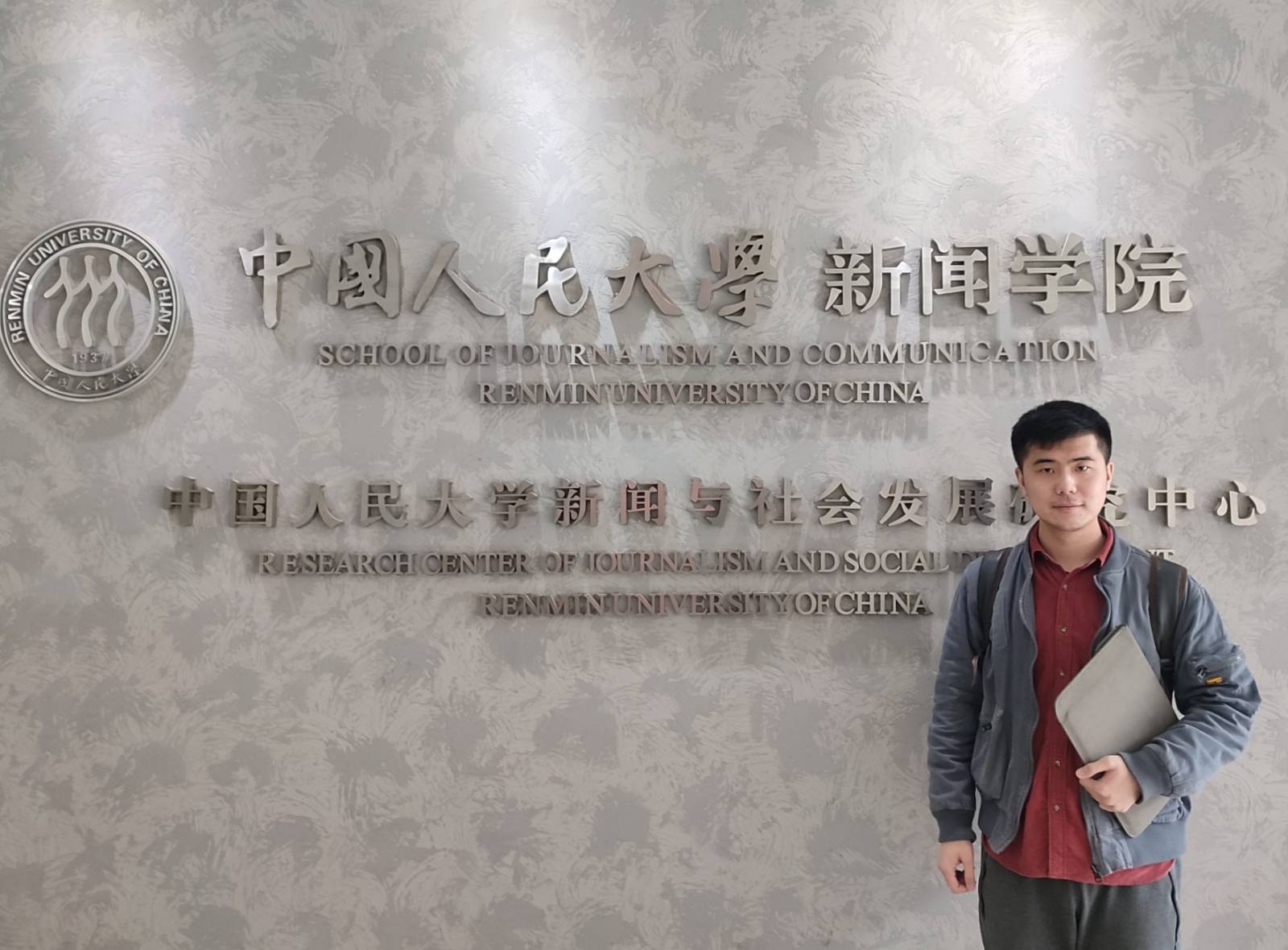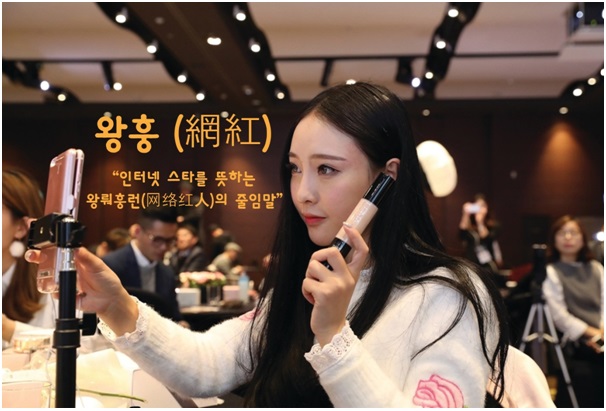Wanghong: China’s lucrative e-commerce on the rise
 12:05, 10 April 2024
12:05, 10 April 2024BEIJING, APRIL 10, ARMENPRESS. E-commerce is the norm in everyday life in China and has logically developed a new, booming phenomenon known as the Wang Hong economy that has been changing the trade industry.
Wang Hong, or Wanghong, translates as internet celebrity in Chinese, something similar to online influencers on YouTube or Instagram. But since these platforms are inaccessible in China, the Wanghong stars use other platforms, such as Douyin (the Chinese mainland version of TikTok) or WeChat, to build a fanbase and audience and earn cash through various ways: promoting products, accepting bonuses etc.
Wanghong is a highly lucrative business: according to CBNData, the "Wanghong economy" was worth 58bn yuan (over $8bn) in 2016, more than China's box office in 2015. It is expected to reach over USD 1 trillion by 2025.
One of the reasons driving this industry is the change in consumer behavior, particularly the fact people don’t have time to read texts online, so they prefer visual content, according to Zhu Xi, a researcher at the School of Journalism and Communication, Renmin University of China.

“In China, no one buys anything in-person anymore, everyone does it online,” Zhu Xi said. “People like to watch visual content instead of reading.”
Wanghongs develop what he describes as an “interpersonal relationship” with their audience, appealing to their target consumers, thus attracting more and more people and serving as opinion leaders in online retail.
A peculiar Wanghong-style shopping involves a live-streamed session where the internet celebrity is offering various products to the audience. Li Ziqi, a 33-year-old Wanghong, garnered an audience of over 162 million people during just a single live session where she sold products worth over 2,8 billion yuan (nearly $390 million).
Famous Wanghong have an entire team working with them. Even many businesses and manufacturers have their own Wanghong teams.

Zhu Xi said that Generation Z makes up most of the audience of Wanghong.
Furthermore, the earning potential of this business has led to the rise of specialized incubators in China.
According to the Chinese researcher, the news media must also adapt to the changing behavior of consumers.
Citing 2023 data, Zhu Xi said that 70% of over 100,000,000 content creators on Chinese TikTok are people born after 1990.The phenomenon is also shaping the modern-day news media in the country, with many media outlets employing similar tactics to reach wider audiences given the fact that consumers no longer want to read, Xi said. “Now everyone is part of reporting the news. People simply take their phones and film whatever they see,” he said, referring to participatory journalism.
Zhu Xi urged media outlets to keep up with the trends, actively use Wanghong-style reporting, maintain an “emotional communication” with their audience and report the news with easily accessible short videos, rather than articles.
This article has been written within the framework of the China International Press Communication Center (CIPCC) 2024 media exchange program.




















